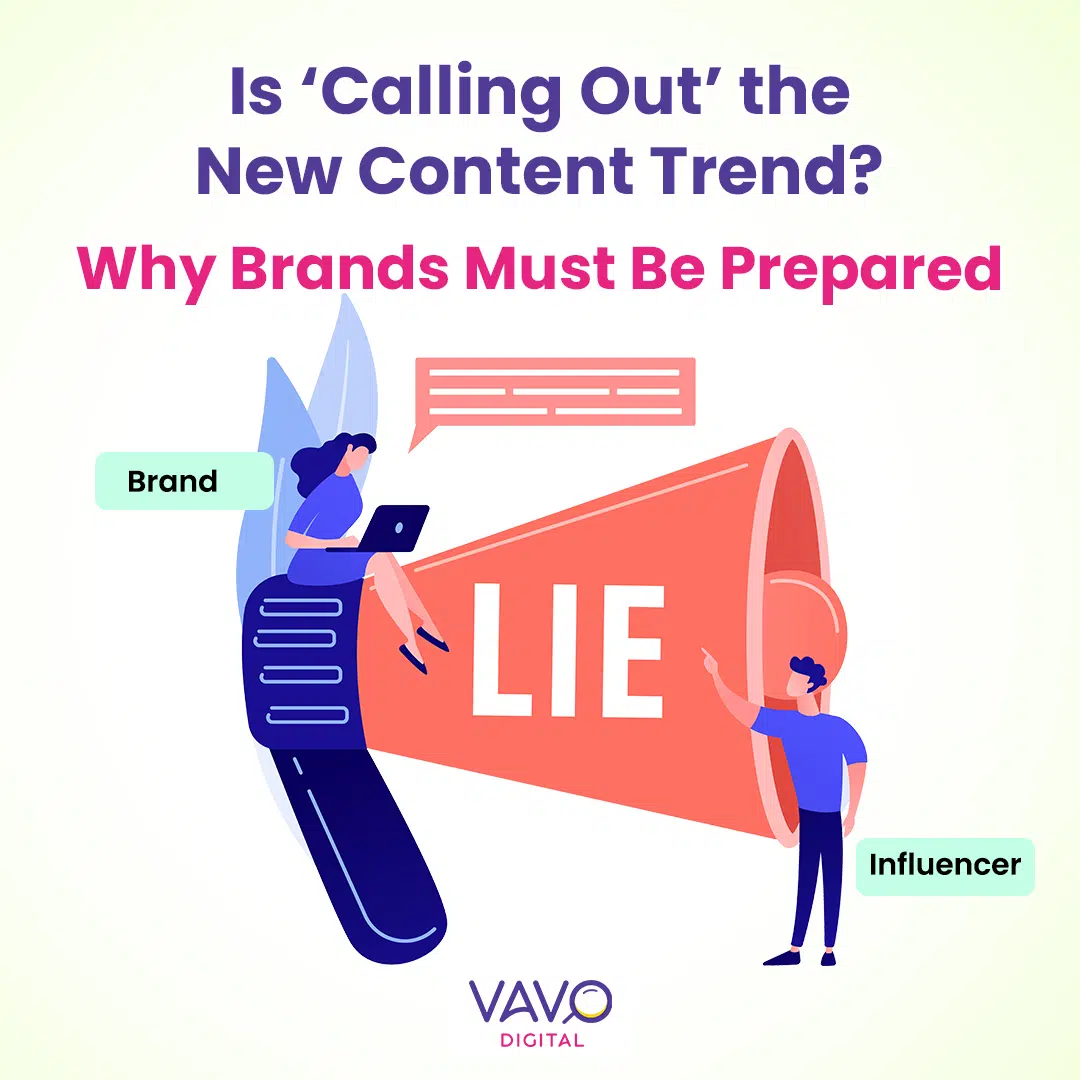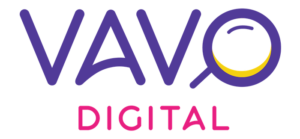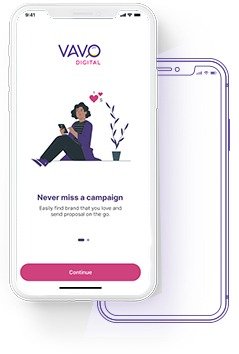
Is ‘Calling Out’ the New Content Trend? Why Brands Must Be Prepared
Not long ago, brand mishaps were whispered about in DMs or quietly ignored. Today, they’re addressed head-on, often by influencers with large, loyal followings.
From overpriced products to performative messaging, influencers are increasingly using their platforms to speak up. And their audiences are paying attention.
So, is this just a trend or a bigger shift in how influence works online? And what should brands do about it?
Let’s break it down.
What Does Calling Out Look Like Today?
This isn’t just about canceling culture or viral takedowns.
In 2025, calling out often comes in the form of thoughtful, experience-based content. An influencer might share a video on why a recent brand partnership didn’t feel right. Others might post an Instagram Story discussing how they were underpaid or misled.
1. A fashion influencer might critique a sustainability claim after receiving plastic-heavy packaging.
2. A beauty influencer might highlight the lack of inclusive shades in a festive campaign.
3. A finance influencer could call out misleading features in a newly launched fintech app.
The tone is often direct but grounded in honesty, reflection, and personal connection.
Why Are Influencers Speaking Up?
Influencers today are more than just collaborators. They are trusted voices in their communities, and their audiences expect transparency.
They speak up because:
1.They value authenticity, and their followers do too.
2. They feel empowered when they see others doing the same.
3. Their personal brand is rooted in trust, and staying silent can feel like a risk.
That said, calling out a brand isn’t always easy. Many influencers hesitate due to legal threats, reputational risks, or the fear of losing future brand deals. This makes the few who do speak up stand out even more and highlights just how important transparency has become.
Platforms like Instagram and LinkedIn also reward thoughtful, longer-form content. So when influencers share meaningful experiences, their engagement often goes up.
As influencer-led accountability grows, it’s essential to understand why audiences are shifting their trust toward influencers, and how your brand can keep up.
It’s Not Just Rants. It’s Rebuilding Trust.
A recent Mint report reveals that brands are treading carefully as more influencers speak out, holding them publicly accountable. At the same time, 35% of consumers say they’re wary of AI-generated content. The message is clear: authenticity isn’t just preferred, it’s expected. And this shift is nudging the entire influencer marketing ecosystem toward more transparent, trustworthy storytelling.
A Case That Got Everyone Talking
Source: The Indian Express
In April 2023, influencer Revant Himatsingka, known as FoodPharmer, shared a video questioning the nutritional claims of Cadbury’s popular health drink, Bournvita. The post quickly went viral, racking up over 12 million views and sparking widespread conversation on Instagram, LinkedIn, and Twitter.
Cadbury responded with a legal notice, leading to the video’s removal and a public apology. But by then, the story had taken on a life of its own—raising broader questions around marketing transparency, consumer awareness, and influencer responsibility.
This moment underscored a growing reality: today, influencer content can shape public perception and compel brand responses. It’s no longer just about reach—it’s about resonance.
Why Does This Matters for Brands?
- Credibility Is Currency
A callout can do more damage than a bad review. People remember how brands respond, especially when they go silent. - Influencers Are Taking the Lead
Influencers aren’t just posting pretty pictures anymore. They’re entrepreneurs with values. They’re asking questions, advocating for fairness, and expecting mutual respect. - Audiences Are Listening
Whether it’s a Reel or a 10-slide LinkedIn post, viewers are tuning in—and they’re more likely to side with the human than the logo.
What Can Brands Do Instead?
- Revisit Your Influencer Agreements
Keep them clear and fair. If you’re asking for exclusivity or rights usage, ensure the compensation reflects that. - Fix Payment Timelines
Late payments are one of the most common triggers for influencer frustration. Pay on time, and you’ll stand out. - Create, Don’t Control
Influencers aren’t just amplifiers. They’re co-creators. Give them room to shape the message with their voice and values. - Own Up When Things Go Wrong
Don’t ghost. Don’t deflect. A prompt, human response goes further than corporate silence ever could.
Conclusion: A New Era of Influence
This wave of calling out isn’t about conflict, it’s about accountability. It’s an invitation for brands to show up better, communicate clearly, and collaborate more meaningfully.
Because in today’s influencer landscape, the most valuable thing you can offer isn’t a gift box or a brief, it’s trust.
Want to build trust-first campaigns?
At Vavo Digital, we help brands create authentic, long-term partnerships with influencers who speak their truth. Let’s talk: hello@vavodigital.com
FAQs: “Calling-Out” Culture
1. What does it mean when influencers ‘call out’ brands?
When influencers call out brands, they publicly share concerns or negative experiences, like delayed payments, unfair contracts, or ethical issues, to hold brands accountable and push for better practices.
2. Why is this trend growing in influencer marketing?
Audiences today value honesty and transparency. Influencers who speak up often resonate more with their followers, and it’s becoming a way to foster genuine engagement and credibility.
3. Should brands be worried about being called out?
Instead of seeing it as a threat, brands should view it as a wake-up call. It’s an opportunity to improve relationships, fix internal gaps, and rebuild trust with both influencers and consumers.
4. How can brands avoid being called out?
By prioritizing fairness, clear communication, timely payments, and respectful collaboration. Building trust is a long-term investment, and it starts with treating influencers like true partners.
5. What role does transparency play in successful influencer campaigns?
Transparency builds trust. When influencers feel heard and respected, they create content that’s more authentic, leading to stronger audience connections and better campaign results.
6. What if an influencer is wrong or misleading in their callout?
It can happen. In such cases, brands should calmly present facts, communicate openly, and if needed, seek resolution through neutral third parties. Avoiding public mudslinging helps preserve brand reputation while addressing concerns fairly.
7. Can brands legally respond or take action?
Yes. If an influencer’s claims are false, defamatory, or breach contracts, brands have the right to pursue legal remedies. However, such steps should be measured and ideally taken after attempts at dialogue and resolution.
8. How can Vavo Digital help brands navigate this trend?
At Vavo Digital, we help brands build meaningful, transparent relationships with influencers. From fair contracts to creative collaboration, we ensure every campaign is rooted in trust, so you can grow your brand without the fear of being called out.




